
Imagine the power goes out - can your IT systems keep running without being damaged? UPS batteries offer the solution by taking over immediately in the event of a power failure and protecting your devices.
In this article, you will learn how to choose the right UPS battery, maintain it correctly and replace it safely when necessary to keep your IT infrastructure running reliably. Find out more about how you can further expand and optimize your infrastructure in our blog post “Build IT infrastructure and benefit from improved processes”.
A UPS (uninterruptible power supply) ensures a stable power supply and protects your IT systems from power outages, voltage fluctuations and interruptions. In the event of a problem in the power grid, the UPS automatically switches to battery power to prevent failures and damage. Especially in the event of brief or unnoticed power failures, it guarantees that your devices will continue to operate without causing data loss or damage. These systems therefore ensure that your devices are protected from disruptions in the power grid and that operational continuity is maintained.
UPS systems are used in critical areas such as data centers or hospitals where an uninterruptible power supply is essential. They consist of one or more battery modules, whereby the battery plays a decisive role in protecting against power failures and voltage fluctuations. You can find more information on UPS systems in our specialist article “UPS guide: How to find the right UPS system for your requirements”.
Sensitive areas such as hospitals or data centers are susceptible to failures that can cause data loss and hardware damage. This is where the UPS battery comes in.
How UPS batteries work and protect
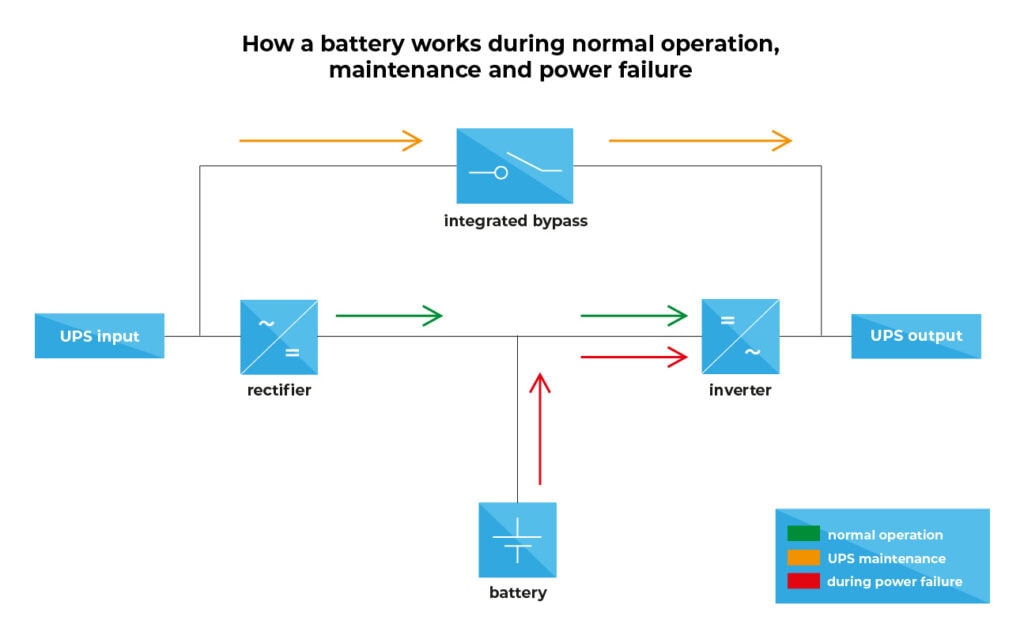
There are different types of UPS batteries that offer different advantages depending on the requirements, which we explain in more detail below.
VRLA batteries (valve regulated lead-acid batteries) are maintenance-free, sealed batteries that are used in UPS systems, emergency power solutions, alarm systems and smaller IT infrastructures. The variants include AGM batteries and gel batteries:
Liquid lead-acid batteries are inexpensive, widely used energy storage devices for industrial applications such as data centers and telecommunication systems where regular maintenance is guaranteed.
Lithium-ion batteries are compact, lightweight and efficient energy storage devices that are used for modern data centers and high-end IT infrastructures where space, weight and low maintenance are crucial.
| Feature | Lithium-ion batteries | Closed lead-acid batteries (VRLA) | Open lead-acid batteries (liquid) |
|---|---|---|---|
| Service life | 5-10 years (more than 3000-5000 charging cycles) | 3-5 years (about 500-1000 charging cycles) | 10-25 years (depending on maintenance) |
| Charging time | Fast (1-3 hours) | Slow (6-12 hours) | Slow (6-12 hours) |
| Maintenance | Little to no maintenance required | Maintenance-free, no refilling of the electrolyte necessary | Regular maintenance required (topping up water) |
| Energy efficiency | High energy efficiency | Low to medium energy efficiency | Low energy efficiency |
| Temperature tolerance | High temperature tolerance; heat resistant | Limited temperature tolerance | Low temperature tolerance; Sensitive |
| Requirements for installation | No special rooms required | No special rooms, but ventilation required | Require special rooms, ventilation and measures |
| Vibration tolerance | Very good, robust | Good, but not ideal for extreme vibrations | Limited, susceptible to strong vibrations |
| Environmental friendliness | Very environmentally friendly (no lead materials) | Less environmentally friendly (lead) | Less environmentally friendly (lead and other harmful substances) |
To ensure the performance of the UPS and a reliable power supply, it is crucial to replace the battery in good time. A regular test every 6 months helps to check the functionality of the battery. Many modern UPS systems offer the option of performing these tests automatically. However, it is possible to maximize the service life of the UPS batteries. The correct operating conditions should be observed, regular maintenance measures should be carried out and the battery should be tested regularly.
Important factors that influence the service life:
Although these batteries are mostly maintenance-free and are operated in sealed housings, they are subject to natural wear and tear, which cannot be stopped after a certain time. Their service life depends on various factors, such as the operating temperature, the frequency of charging and discharging and the type of use.
As the replacement of the battery is associated with costs, you should hire a specialist for maintenance and replacement. They can also ensure that the used batteries are disposed of in an environmentally friendly manner and recycled in accordance with the applicable regulations.
! Note: Battery replacement should only be carried out by trained personnel to ensure safety !
APC offers high-quality UPS batteries for uninterruptible power supplies. They are specially developed for APC UPS systems and are characterized by reliability, long service life and easy maintenance. APC batteries are available in various capacities and are ideal for use in data centers, offices or private networks.
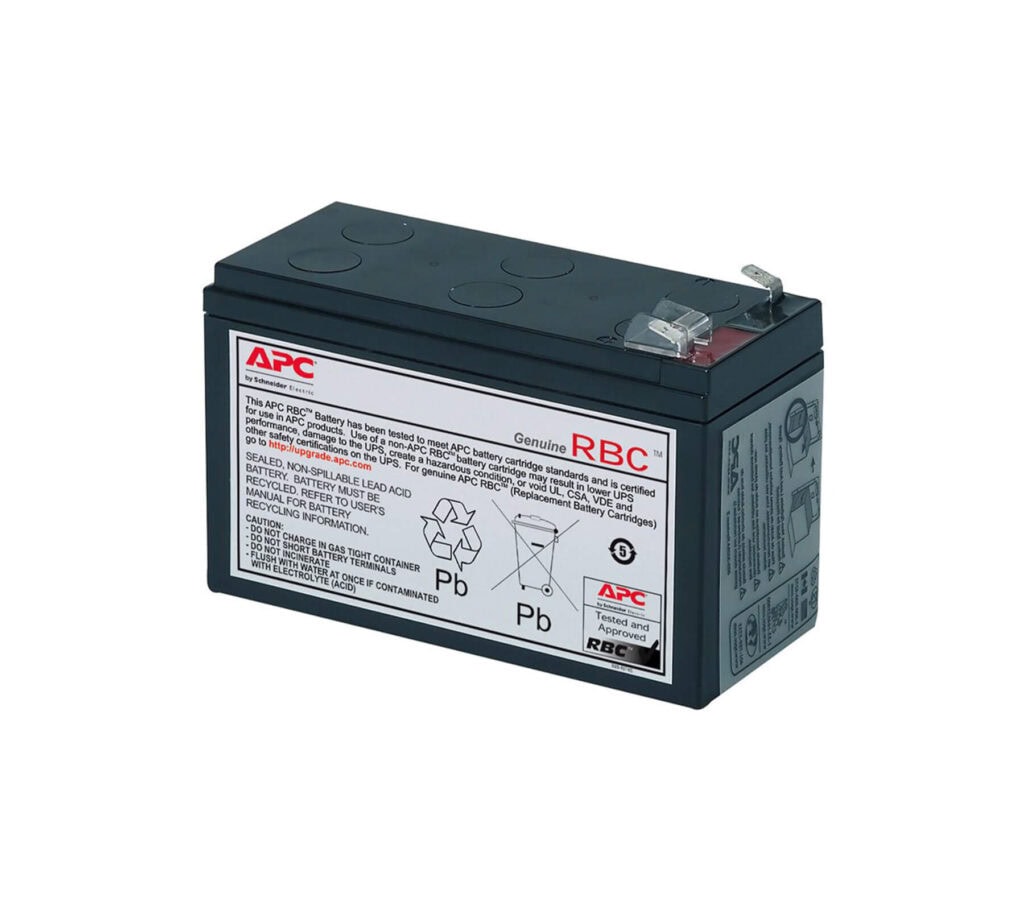
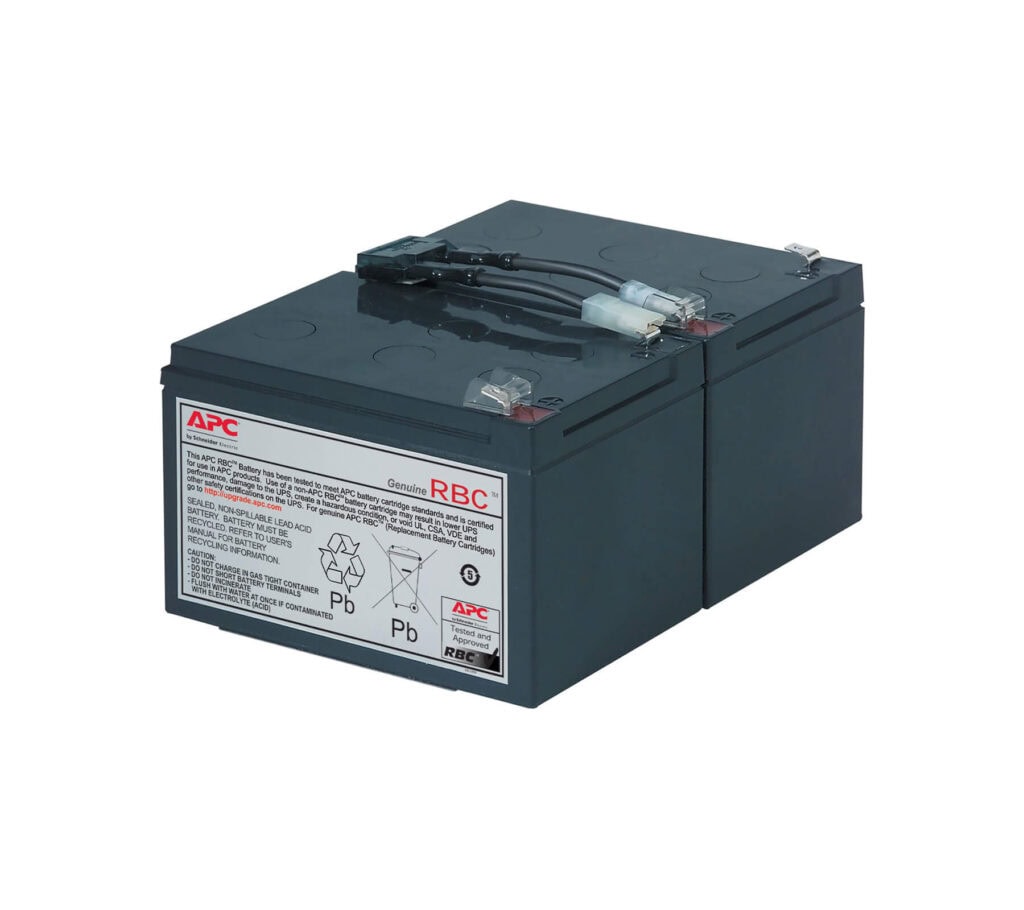
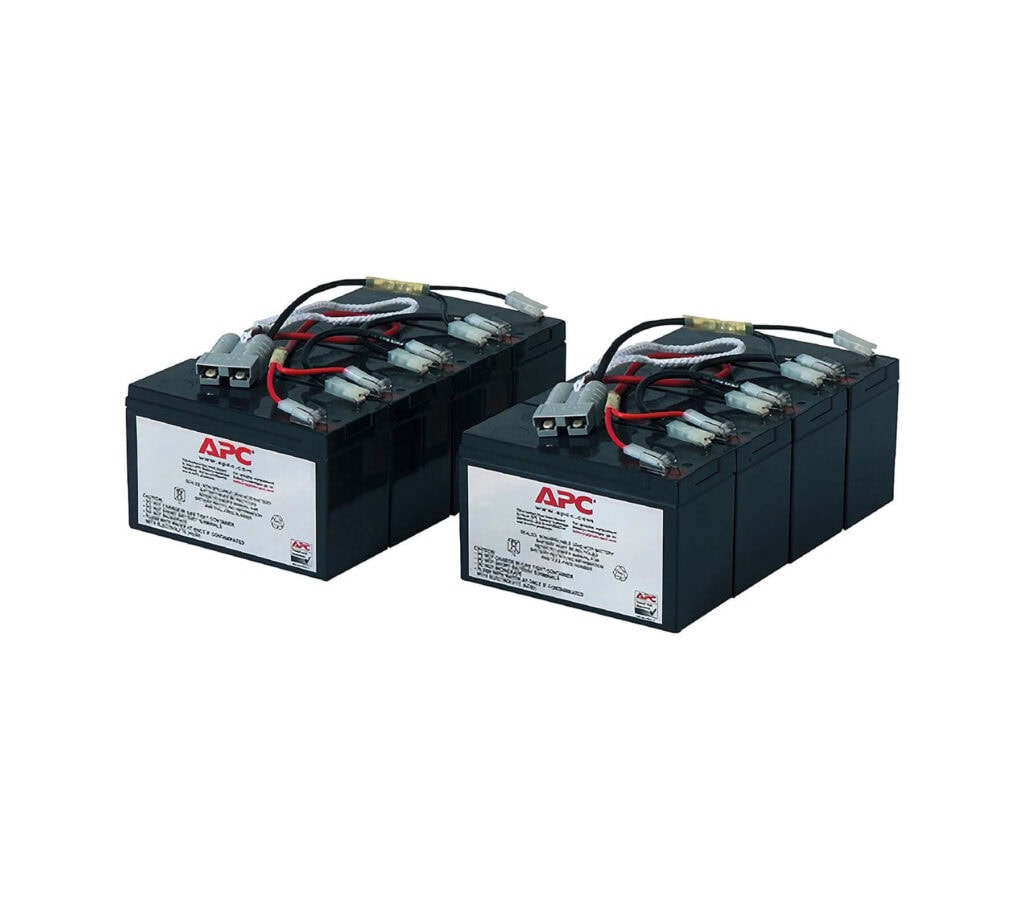
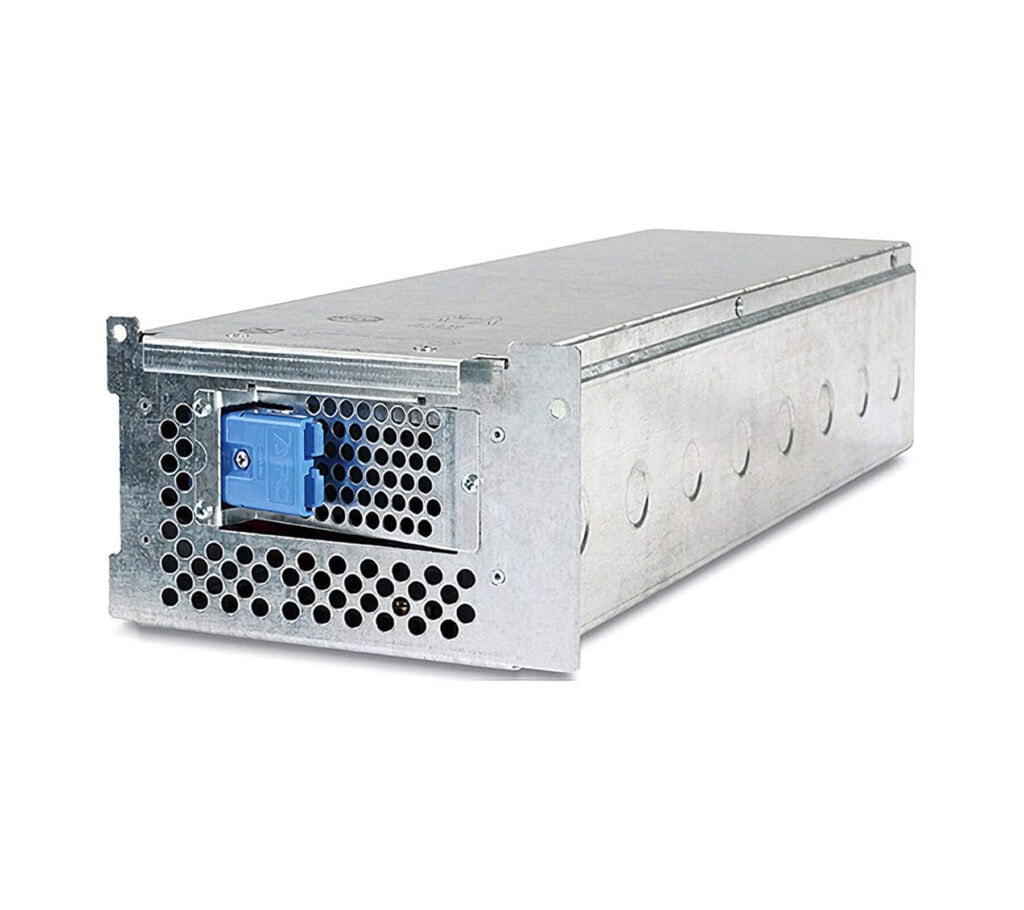
The UPS batteries from CyberPower are specially designed to ensure maximum reliability in the company's uninterruptible power supplies. They offer long-lasting performance, efficient power supply and wide compatibility. With different models, these batteries are suitable for both small office applications and demanding IT infrastructures.
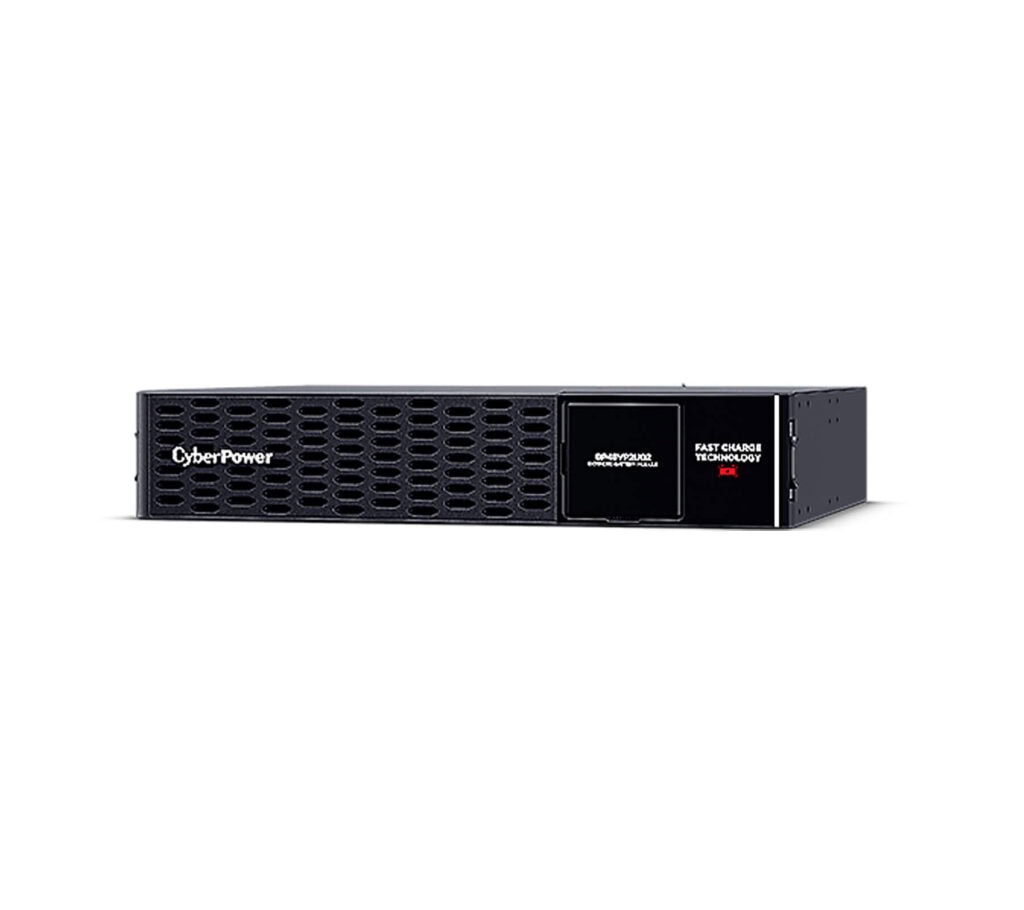
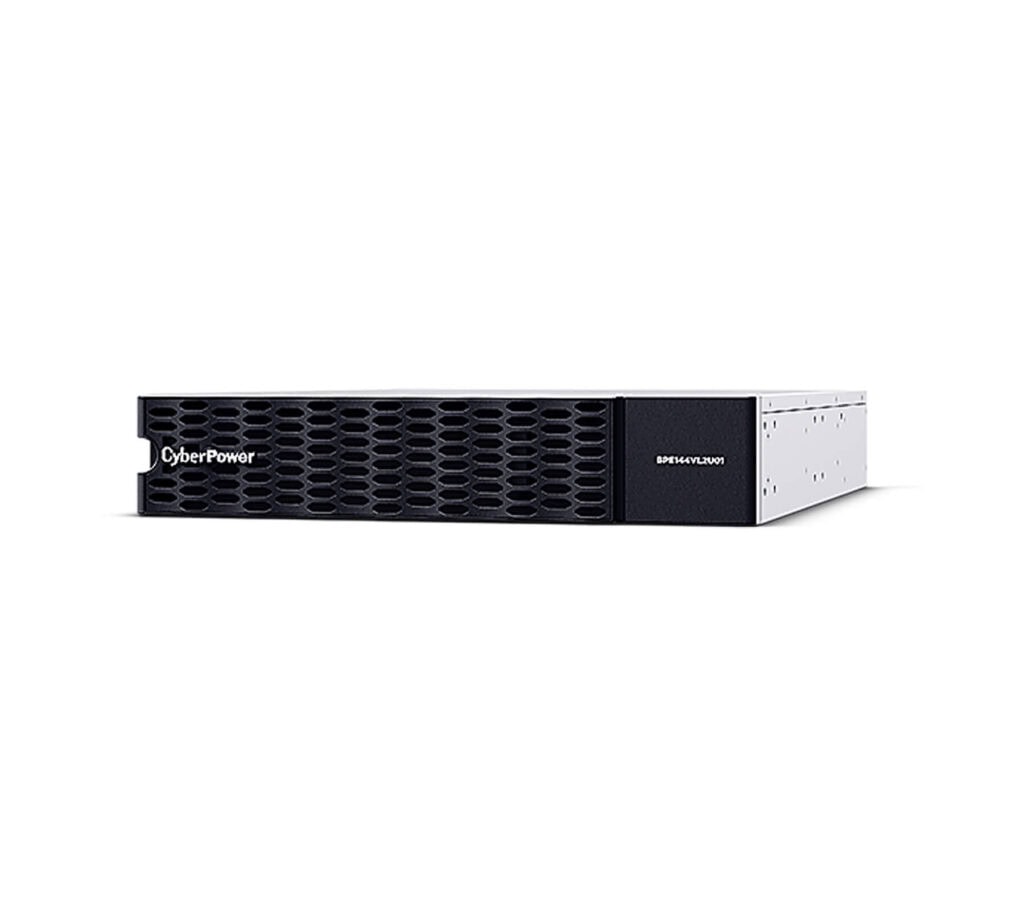
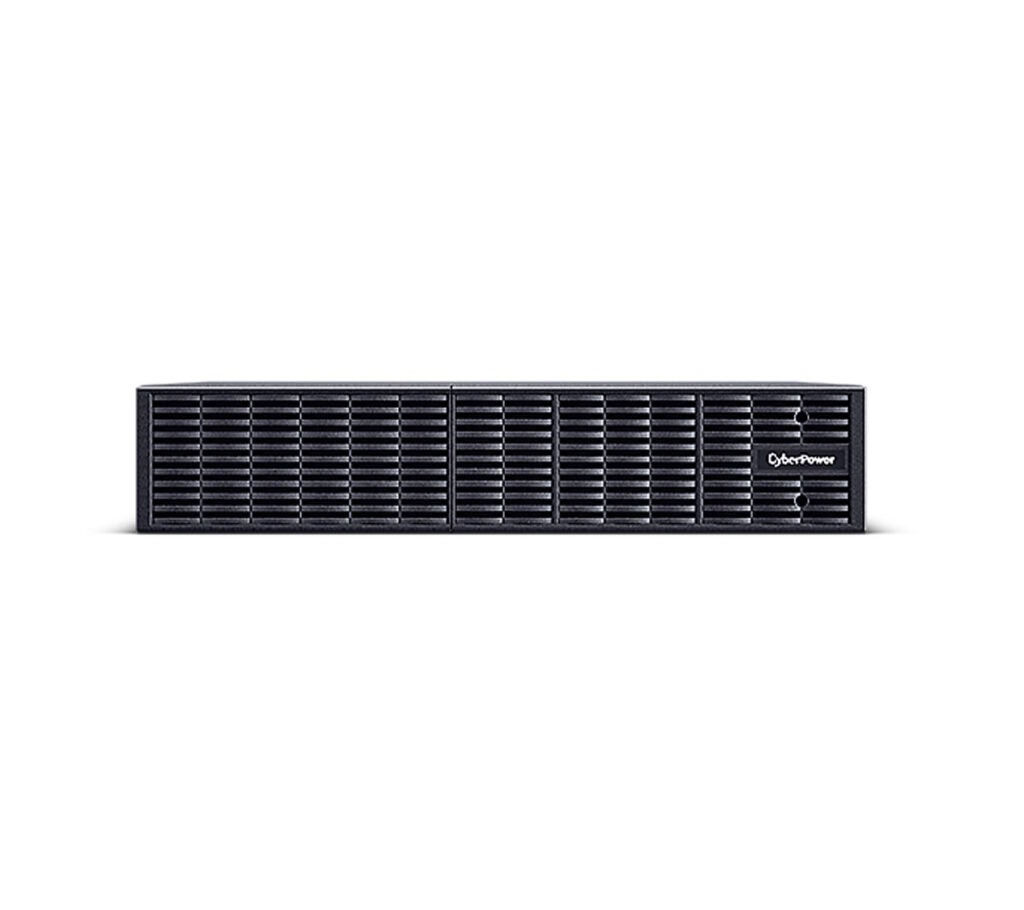
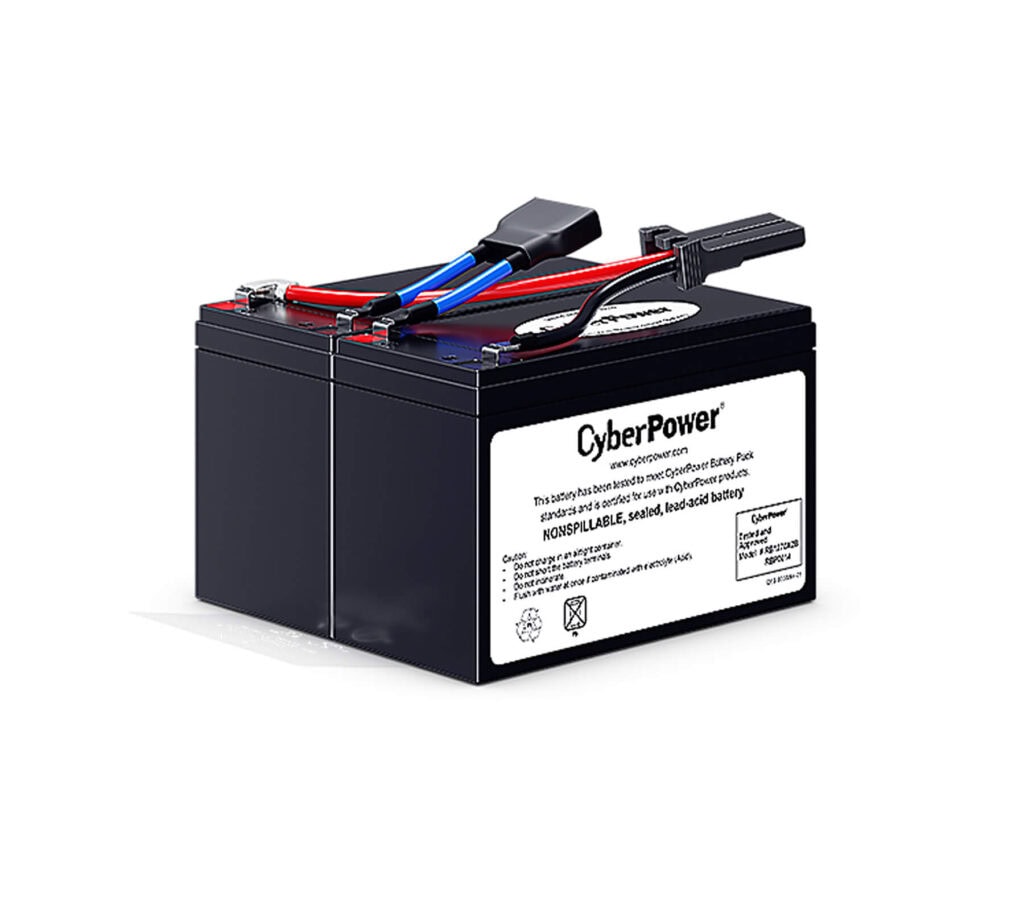
UPS batteries from multimatic provide a reliable power supply for uninterruptible power supply systems. They are known for their high performance, long service life and low maintenance requirements. With a robust design and high efficiency, they are ideal for critical applications in data centers, businesses and industrial environments.
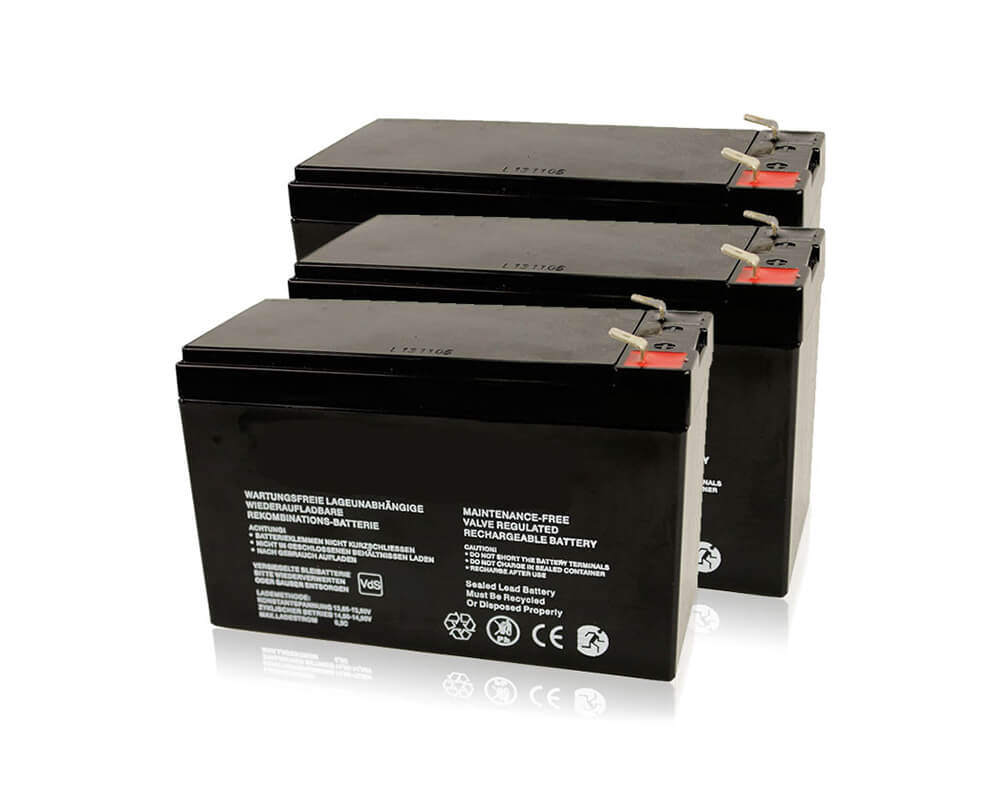
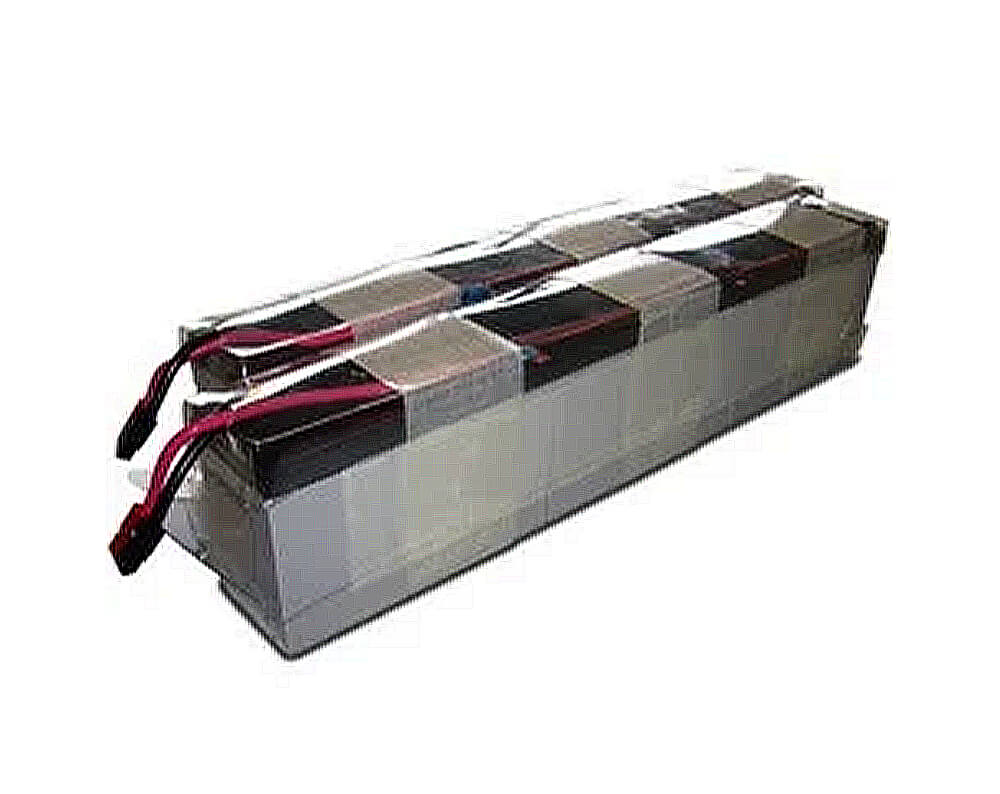
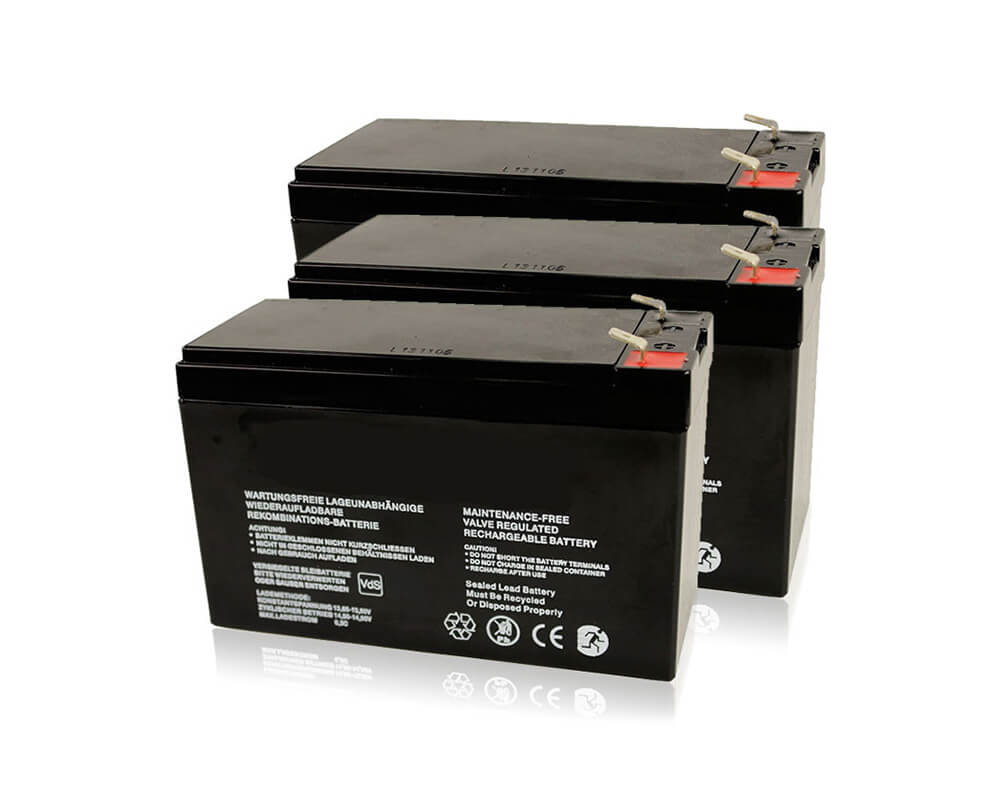
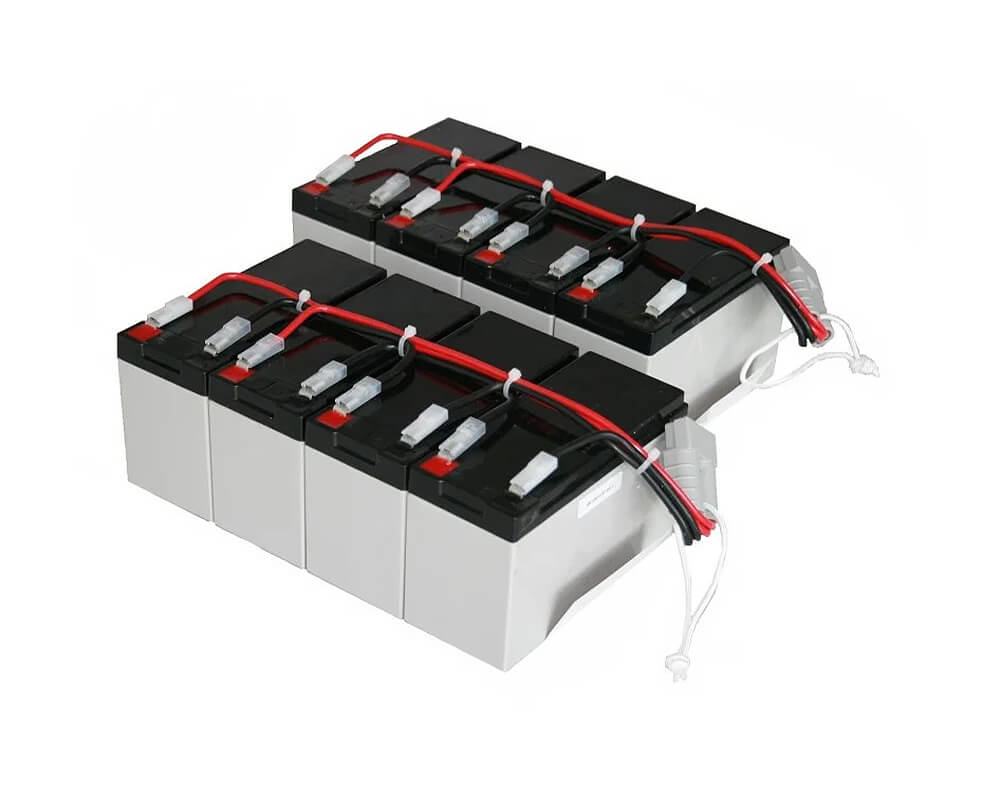
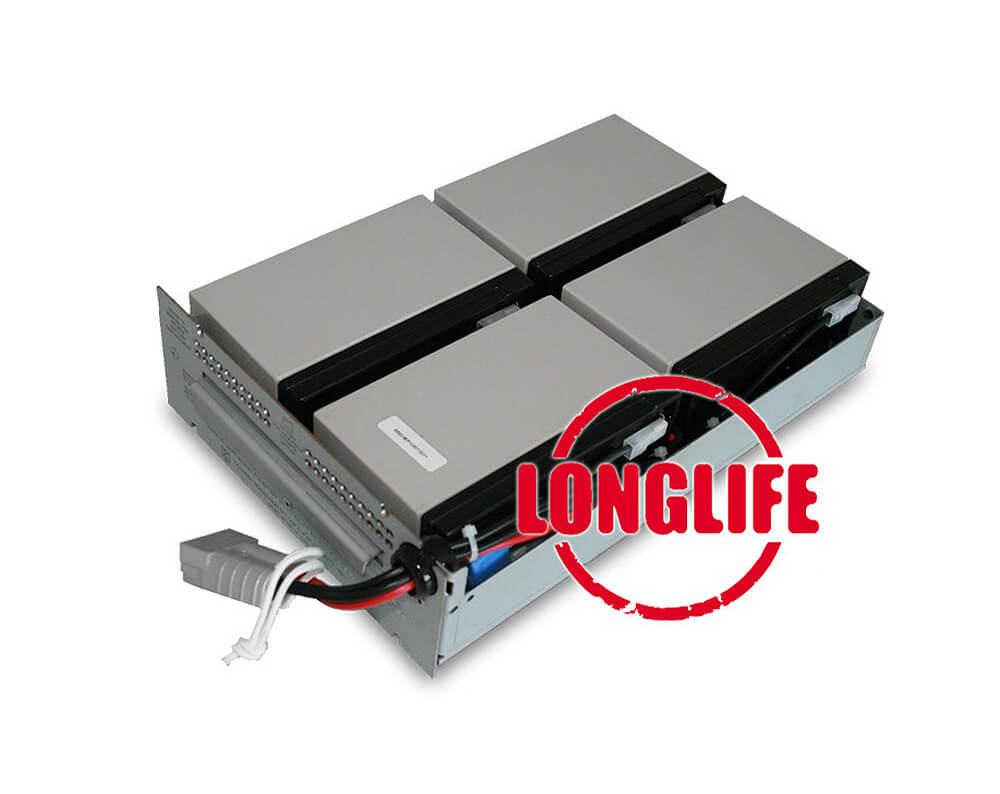
Whether VRLA, AGM or lithium-ion - choosing the right battery for your UPS system is the key to continuous performance and long-term protection. Ensure regular maintenance and timely replacement to keep your systems up and running.
With high-quality solutions from APC, CyberPower and multimatic, which stand for the highest reliability and performance, we offer you a comprehensive selection that goes far beyond the products listed here. Invest in the protection of your IT today and secure the ideal UPS battery for your infrastructure - simply use our inquiry form.